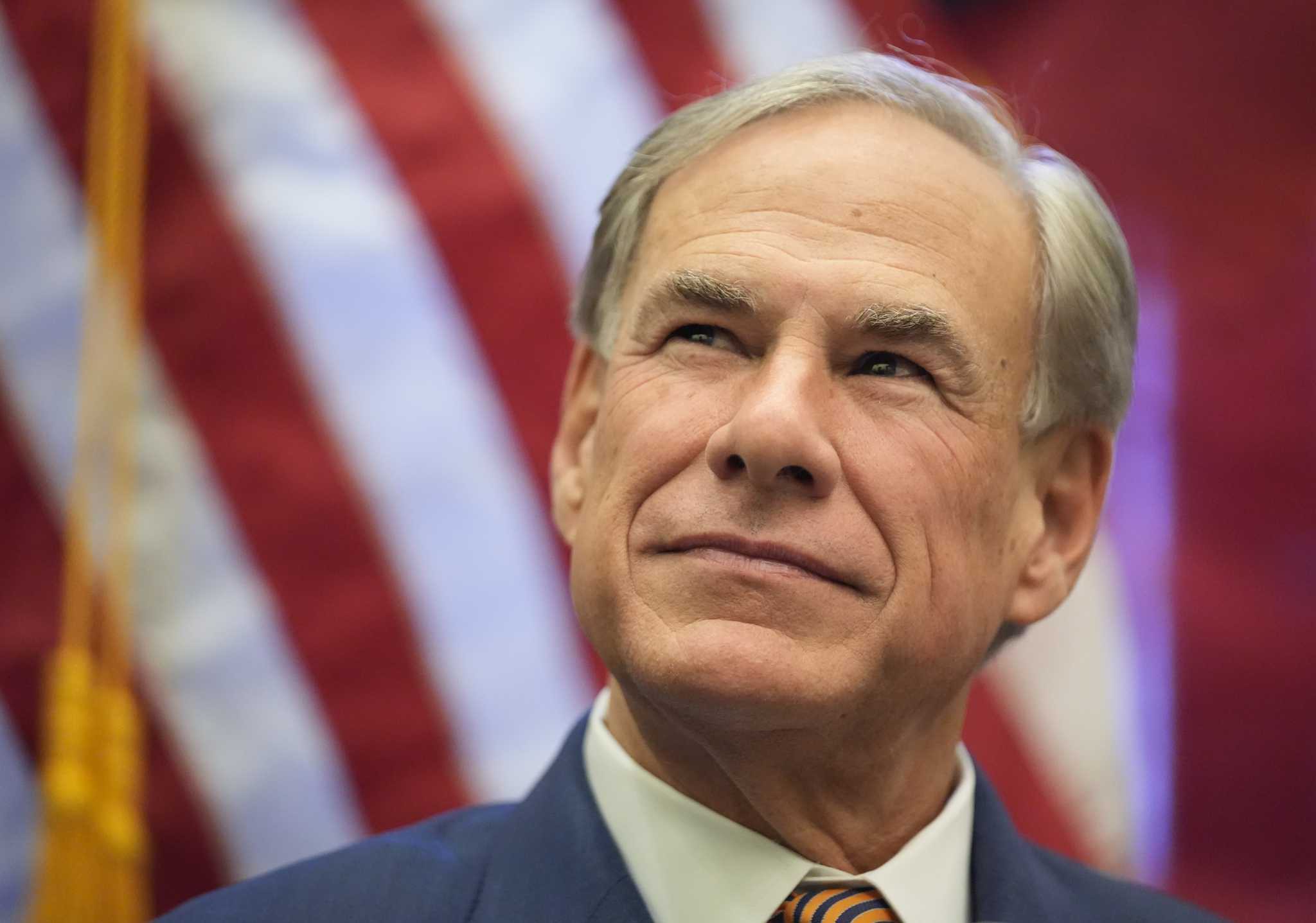politics
Texas Gov. Greg Abbott’s fundraising prowess may give GOP edge in 2026
Abbott’s fundraising advantage highlights how campaign cash can ripple through 2026 elections, shaping GOP chances in competitive Texas races.
Published September 28, 2025 at 10:00am by John C. Moritz

When fundraising for the 2024 election year wrapped, Gov. Greg Abbott’s campaign reported raising more than $50 million in contributions.
Not bad for a Republican governor running for reelection in the nation’s second-largest state. There's no arguing that. But Abbott wasn’t on the ballot in 2024. Two years earlier, the governor had easily won a third term, and before he filed his campaign finance paperwork in January 2025, speculation swirled that he might not seek a fourth.
Abbott ended the speculation when the paperwork showed he had $70 million in the bank well ahead of the 2026 midterms. And that mountain kept growing. Even though Abbott and other statewide officials were barred by law from raising money during the regular legislative session until it adjourned in June, he still collected another $20 million by the time he filed his July report, pushing his account to about $87 million.
He has likely continued raising money, though he won’t have to disclose the totals for several more months. Put another way: Democrats may have as many as 100 million reasons to avoid challenging Abbott in 2026 — and every one of them comes with a dollar sign.
Last week, one credible Democrat did step forward. Houston entrepreneur Andrew White, whose late father was governor from 1983 to 1987, announced he is reprising his 2018 campaign, hoping not to sputter in the primary as he did nearly eight years ago. Democratic state Rep. Gina Hinojosa has also signaled she plans to enter the race, buying up domain names containing at least some version of her name and the word "governor."
Nothing against Hinojosa or White — or any other Democrat who might jump in — but even at this early stage, the structural advantages clearly favor Abbott. No Democrat has been elected governor since 1990, and none has won a statewide race since 1994. And with the possible exception of former U.S. Rep. Beto O’Rourke, Abbott’s 2022 opponent, no Democrat in the mix has shown an ability to raise tens of millions like Abbott.
All this raises a basic question for Democrats in the 2026 governor’s race: Why bother?
The identical question surfaced in 1998, when Gov. George W. Bush ran for reelection. Bush’s popularity was unmatched for a Texas governor, and he was already considered the frontrunner for the 2000 GOP presidential nomination. The top two legislative leaders were Democrats, and both openly praised the Republican governor. Then-Lt. Gov. Bob Bullock, the state Senate’s presiding officer and the most powerful Democrat in Texas, said any challenge to Bush would be a "kamikaze mission."
Bullock was proven right when Bush won more than 68% of the vote in 1998. But Bush still campaigned, and Democrats fielded credible candidates in down-ballot statewide races. They all lost, but many kept the margins close. Democrats retained their majority in the state House and in Texas’ congressional delegation that cycle.
This time, big-name Democrats for statewide races are scarce. State Sen. Nathan Johnson of Dallas and former Galveston Mayor Joe Jaworski are running for attorney general, and state Rep. Vikki Goodwin of Austin is a candidate for lieutenant governor. But none has ever appeared on a statewide general election ballot. And there’s been little sign of Democrats preparing to compete farther down the ballot.
And that brings the focus back to Abbott’s money. If the Democratic nominee flames out, the $100 million or so Abbott has to spend could be redirected to Republicans in tighter contests. That means swing legislative and congressional districts can expect Abbott’s money — and campaign visits where local Republicans share the stage with the governor.
And if the U.S. Senate race — expected to be the most competitive and best-funded statewide contest for Democrats — is a nail-biter in fall 2026, Abbott could appear alongside either incumbent Sen. John Cornyn or GOP challenger Ken Paxton, adding his resources to late get-out-the-vote pushes.
Considering that Abbott raised $50 million in a year he wasn’t even running, there’s no telling how much more he could collect in the 13 months leading up to Election Day, Nov. 3, 2026.

